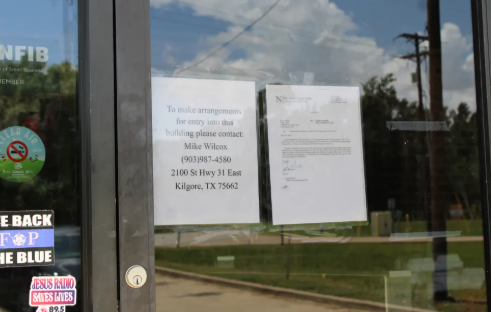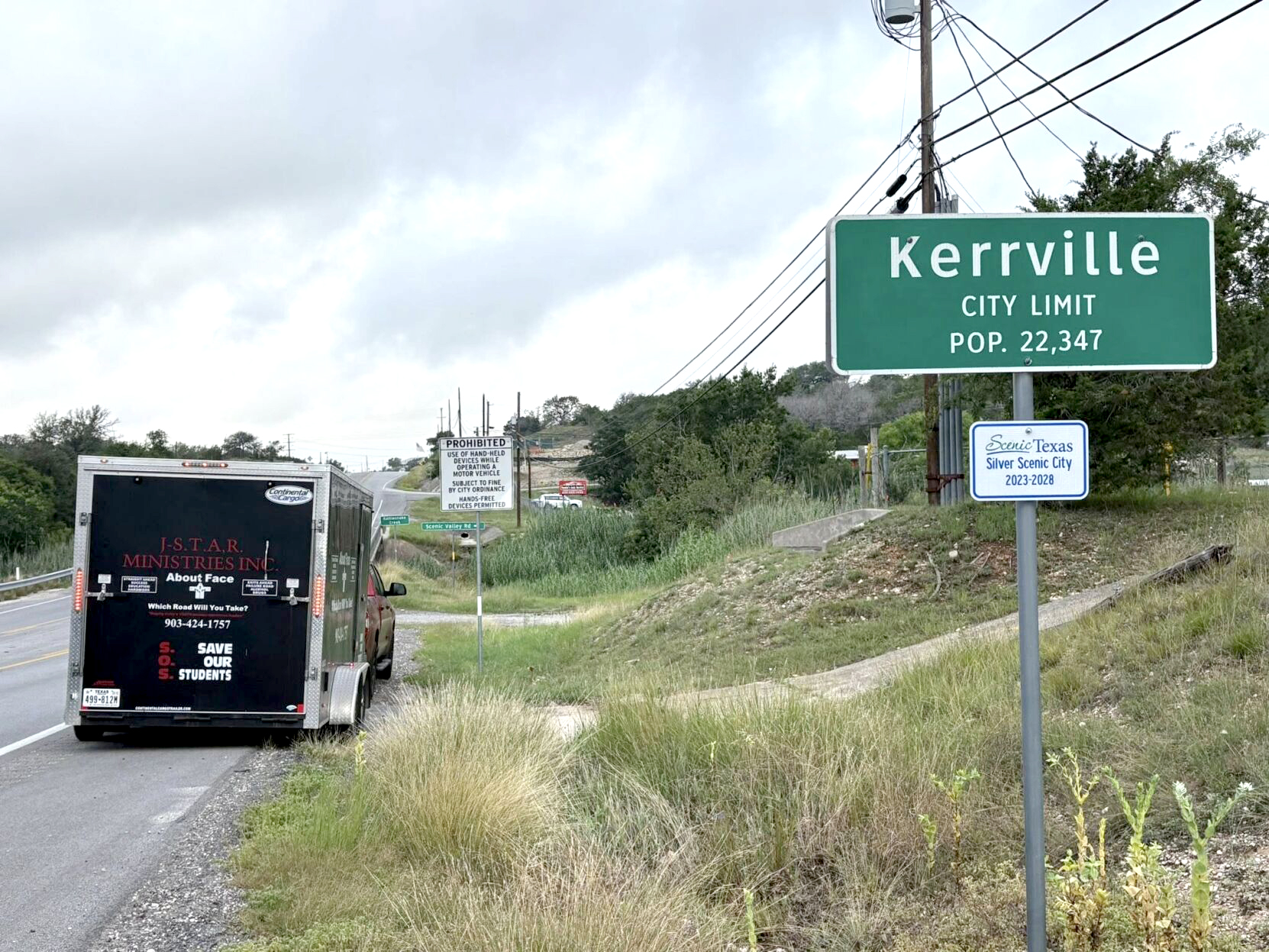Hicks: President Kennedy’s death shook up the sports world
Published 5:15 am Wednesday, November 22, 2023

- Follow Phil @PhilHicksETFS
Much like in the aftermath of 9/11, the sporting world wrestled whether to play their games after President John F. Kennedy was assassinated on Nov. 22, 1963, in Dallas.
Kennedy was a big sportsman and a fan.
Trending
He attended many of his beloved Boston Red Sox’s games. Being a Navy man, he had a keen interest each year in the Army-Navy football game.
And, of course, he loved to watch the Harvard-Yale matchup.
The assassination of the President occurred on a Friday and many high school teams in Texas were en route to games before finding out about the death of the leader of the free world.
Tyler high schools — Robert E. Lee, John Tyler and Emmett J. Scott — all played that night, although to sober crowds and no halftime festivities.
Both Lee and Scott were in Texarkana that night.
The Rebels played Texas High for the district championship and dropped their first game of the season and missed the playoffs. The Bulldogs lost to Texarkana Dunbar 12-6 and the Lions played at Rose Stadium, defeating Marshall, 28-12.
Trending
The college and professional scene were different.
Many collegiate football games were postponed, including the SMU-Baylor game in Waco and the Rice-TCU contest in Fort Worth. The only Southwest Conference game that day was in Fayetteville, Ark., as Arkansas curtailed homecoming events but decided to play Texas Tech. The Razorbacks won 27-20.
Some other games postponed that weekend were the Harvard-Yale game, along with Air Force-Colorado, Duke-North Carolina, Princeton-Dartmouth, Iowa-Notre Dame and many others.
The Army-Navy game, which the president was scheduled to attend on Nov. 30, was almost canceled, but Mrs. Jacqueline Kennedy, the widow of the president, asked the academies to play and the game was moved to Dec. 7.
Kennedy was a big fan of Navy quarterback Roger Staubach, the 1963 Heisman Trophy winner. The Midshipmen won that season 21-15 and were ranked No. 2 in the nation. Their only loss during the regular season was to SMU in Dallas and Navy also lost to national champion Texas in the Cotton Bowl on Jan. 1, 1964.
The American Football League postponed its games, but the National Football League, National Hockey League and some NBA teams elected to play.
NFL commissioner Pete Rozelle said later that was “the biggest regret” of his tenure as head of the league.
He said at the time, “It has been traditional in sports for athletes to perform in times of great personal tragedy. Football was Mr. Kennedy’s game. He thrived on competition.”
All telecasting of college and pro games was canceled by CBS.
In Dallas, the Dallas Cowboys, far from their eventual tag of America’s Team, were leaving on the Friday of the assassination for their game in Cleveland against the Browns.
Many Cowboys were fearful of going onto the field in Cleveland as the nation looked on the city of Dallas with hatred.
An NBC Sports Network special, “No Day For Games: The Cowboys and JFK” hosted by Bob Costas and which aired in 2013, took a look at President Kennedy’s assassination in Dallas and its affect on the team.
“We were the team from Dallas, Texas,” linebacker Lee Roy Jordan told Costas. “We were connected with killing the president of the United States.”
There were no pregame player introductions and the Cowboys were told to wear their helmets along the sidelines. The public address announcer was instructed to not mention the word “Dallas.” It was only the beginning.
“Everywhere we went for the next couple of years, people booed us when we ran out on the field,” Hall of Fame defensive tackle Bob Lilly said.






